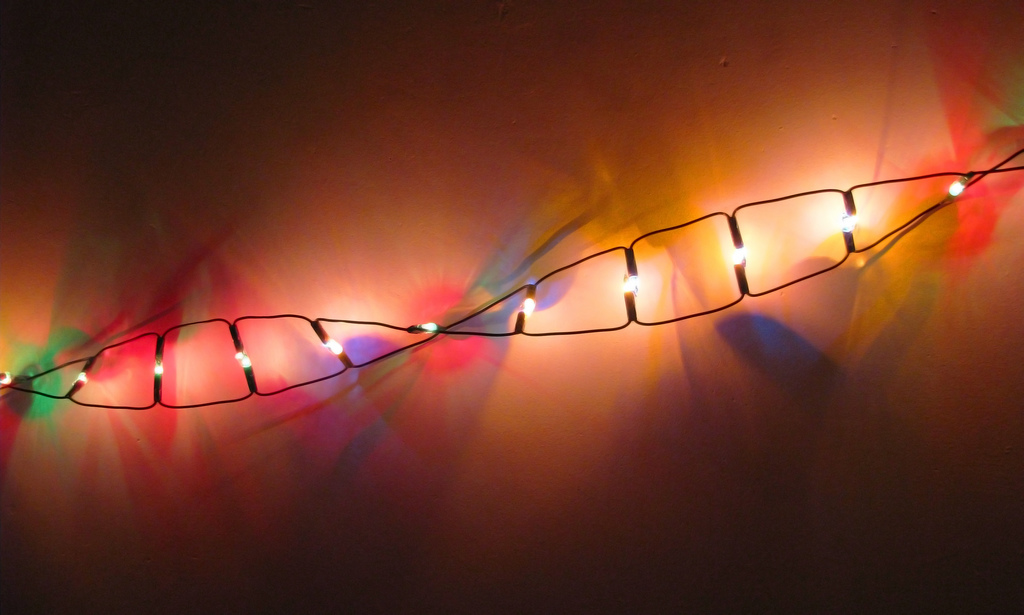We all deserve the opportunity to gaze through the window to our future. Recent Lasker award winner, Dr. Mary-Claire King, applied this idea through her proposal on Sept. 8 to give an equal opportunity for all women to be genetically screened for breast cancer through population-based screening.
Currently, the norm in policy set by the U.S. Preventive Services Task Force is to refer genetic screening only to women with a family history or previous history of cancer. Population-based screening for breast cancer would allow genetic screening for BRCA1 and BRCA2 gene mutations to be part of a routine medical checkup rather than depending on specific doctor referrals.
Over the summer, a family friend of mine was diagnosed with breast cancer in her late 50s. She had no genetic history of the disease, so she was never advised to have genetic screening for breast cancer.
The harsh reality is that breast cancer doesn’t choose its victims based on family history alone. According to Dr. King’s recent study, about 50 percent of women who have developed breast or ovarian cancer did not have any family history of these diseases.
If my family friend had undergone the screening, she could have impeded the onslaught of cancer and maybe could have had a blast at this year’s Fourth of July fireworks. A woman should not have to wait until after cancer hits to learn about the existence of preventive measures.
Yet there is opposition to Dr. King’s proposal, stemming in part from the fact that there isn’t enough evidence that women with this mutated gene will definitely develop cancer. Experts fear that women with the BRCA1/BRCA2 mutated gene may undergo unnecessary surgeries in order to prevent breast cancer. However, it seems unlikely that women will undergo life-altering surgeries without being properly informed about other methods of prevention.
Critics also say that knowing of a mutated BRCA1 or BRCA2 gene can shed negative light on a woman’s life, but in the long run it is beneficial to not be ignorant. This way, women can adopt simple methods of lowering the risk of developing breast cancer, such as breast-feeding and limiting alcohol intake.
It’s true that genetic testing can be expensive, but the cost is outweighed by the value of being in control of one’s life. My experience with my close friend made me realize that life is too precious to cross your fingers and hope that a deadly disease won’t waltz into your life. We cannot skimp on preventive measures.
The future of women does not have to be tied to the strings of cancer. Genetic screening is more than just a window to the future; it’s a form of empowerment.
Nisha Sharma is a freshman majoring in neuroscience.
Featured image courtesy of Stuart Caie, Flickr.






